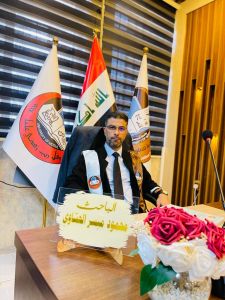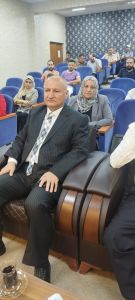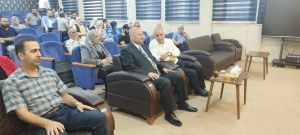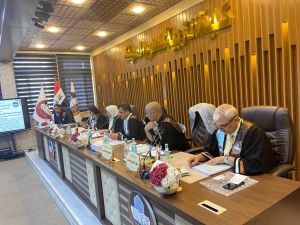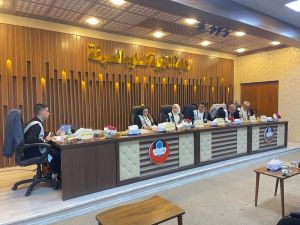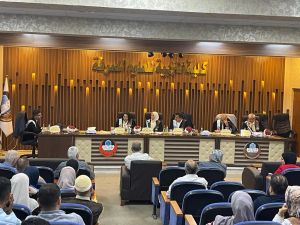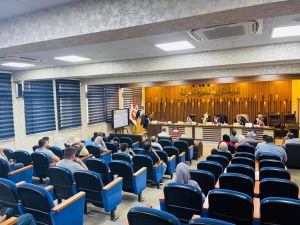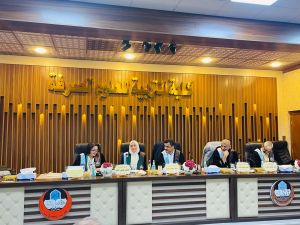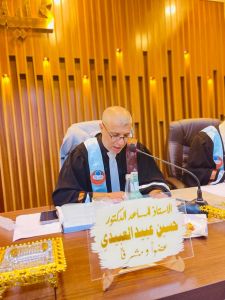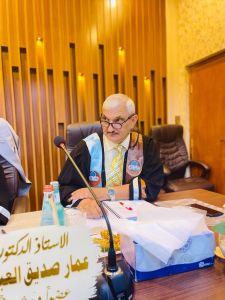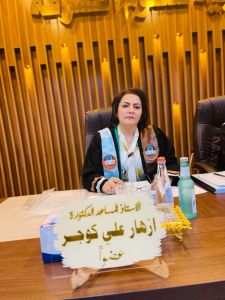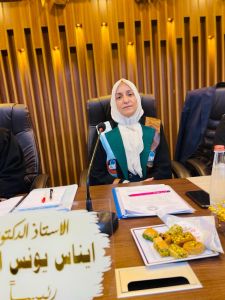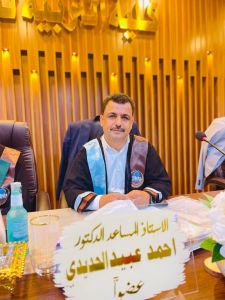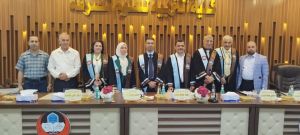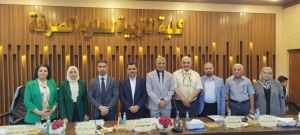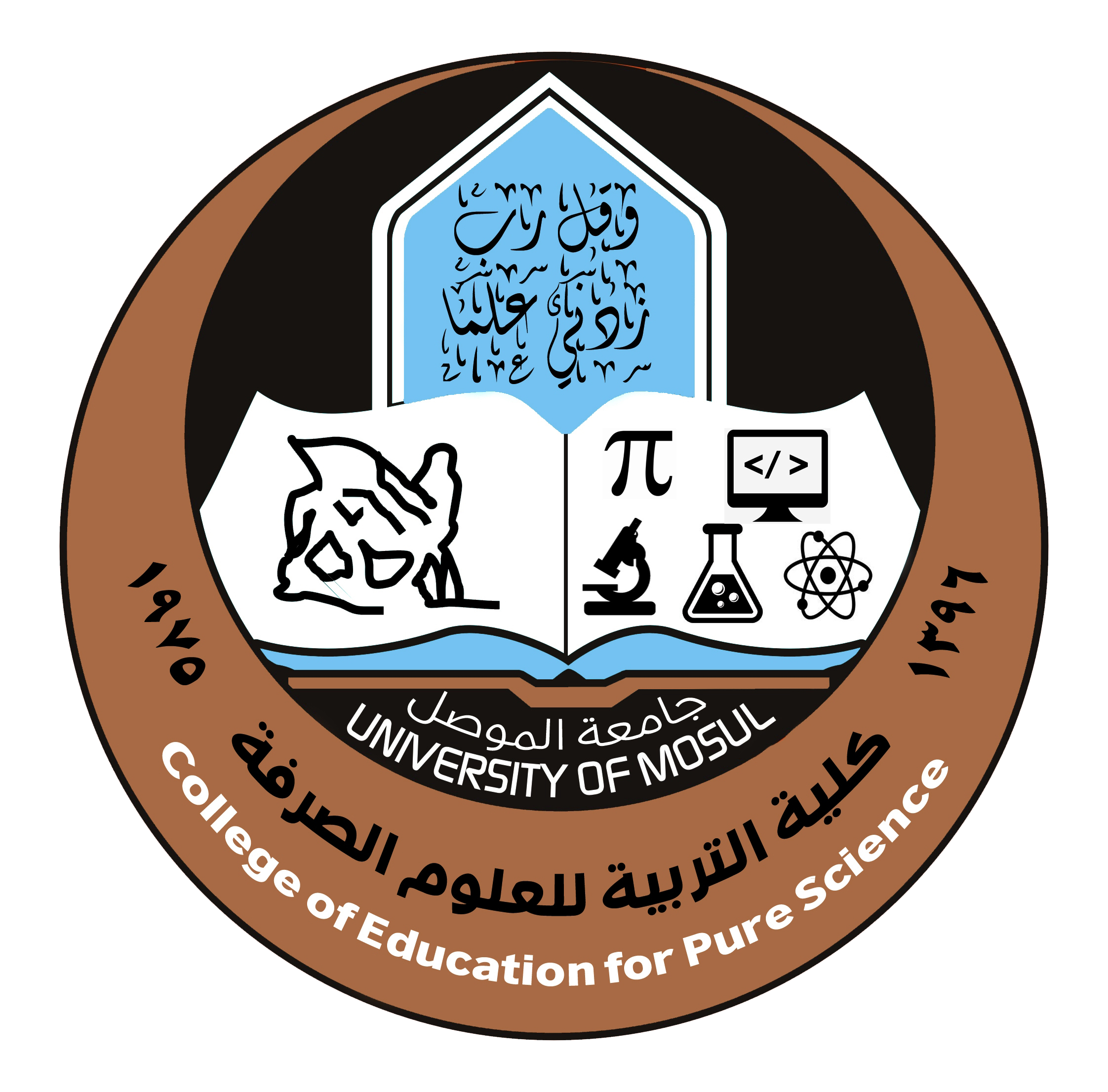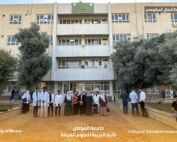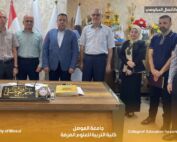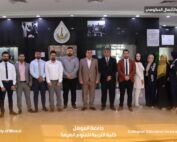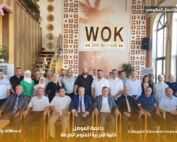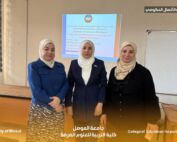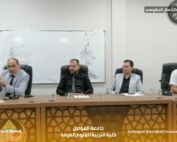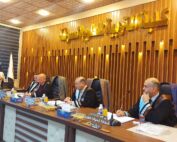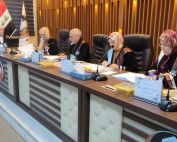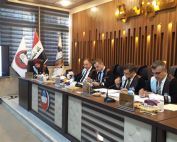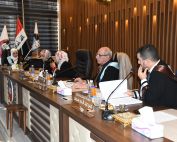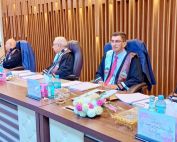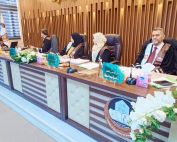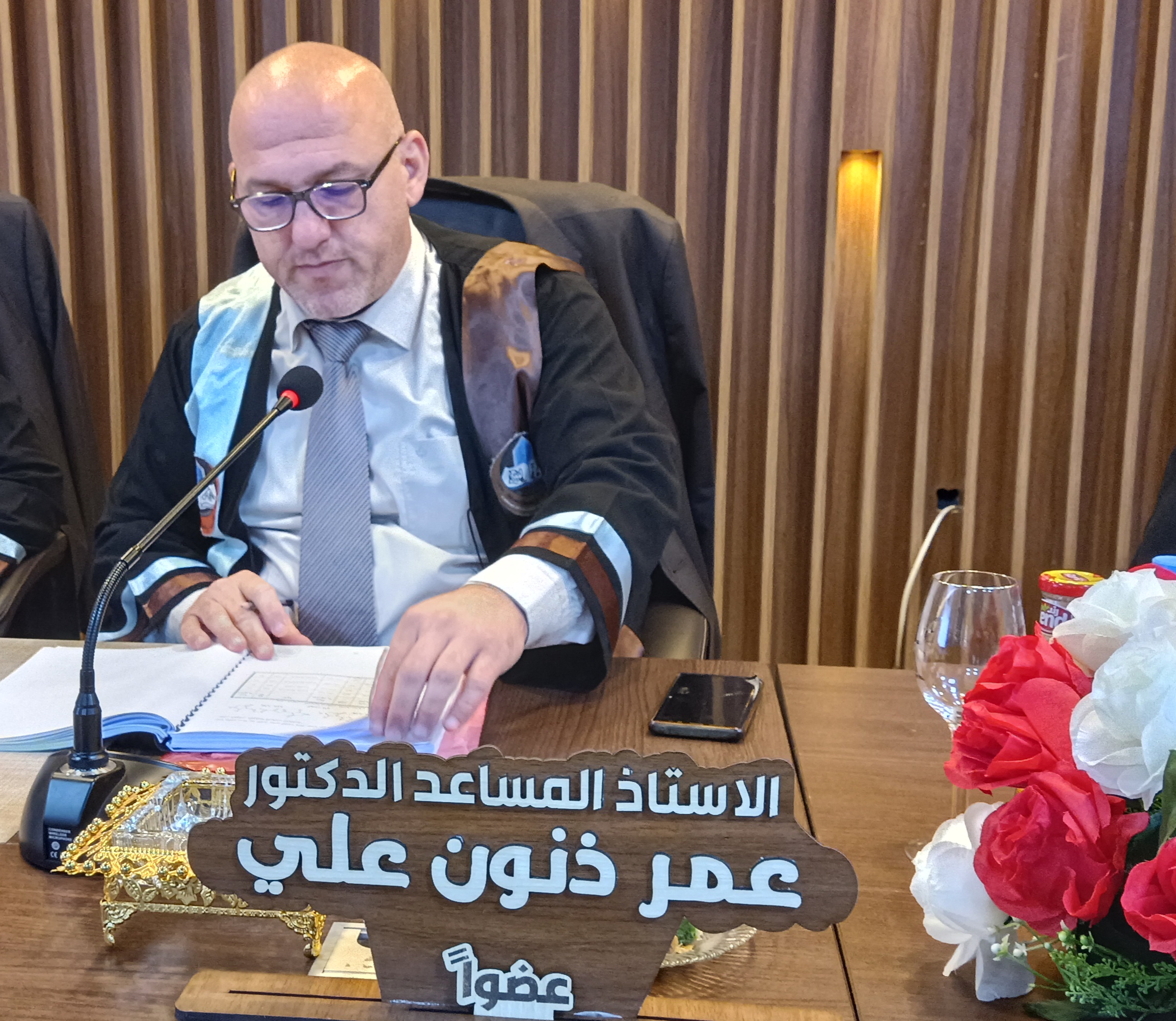10 July، 2023
Master Thesis Viva _Mathematics Department
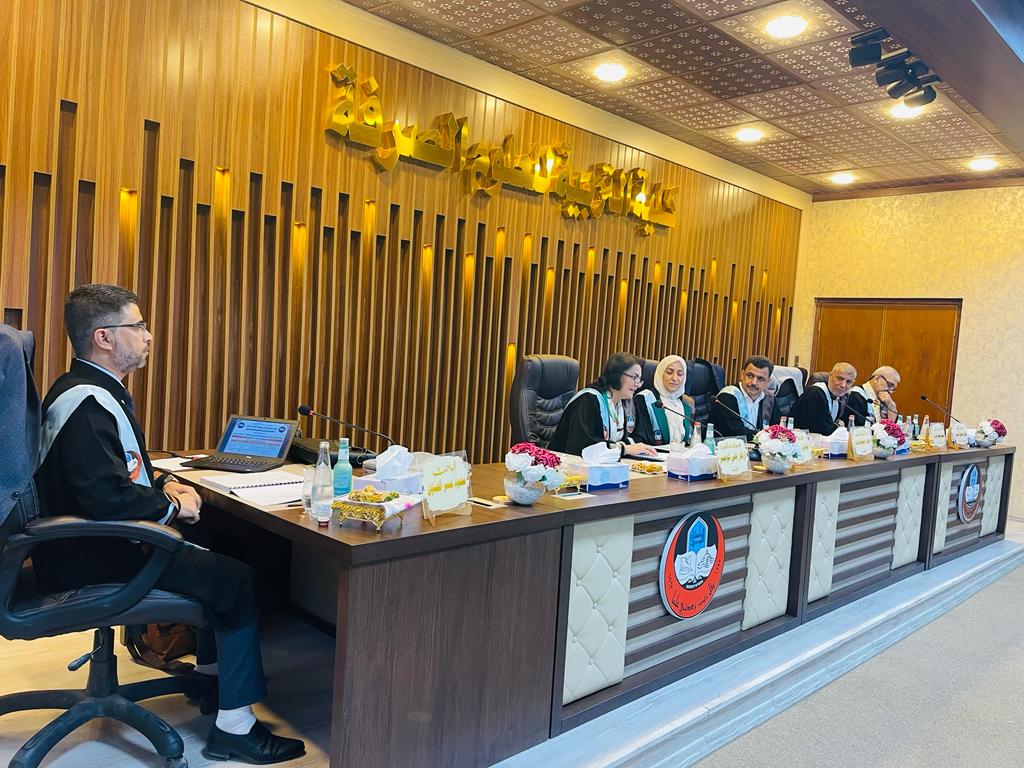
Master Thesis Viva in the College of Education for Pure Science entitled ” Mathematical Knowledge Depth Levels And Its Relation To Learning Styles According To VARK Model Among Students Of Mathematics Department ”
The College of Education for Pure Science, University of Mosul, has done the Master Thesis Viva entitled ” Mathematical Knowledge Depth Levels And Its Relation To Learning Styles According To VARK Model Among Students Of Mathematics Department “,
On Monday, July 10, 2023, the College staff including the respected Dean of the College, Assistant Professor Dr. Qais Ismail Ibrahim, the Honorable Scientific Associate and Administrative Associate, the Honorable Head of the Department of Mathematics, and a number of the college’s teachers were attended the viva.
This study, presented by the Master student Mahmood Myasar Mahmood in the Department of Mathematics, aims to identify the depth levels of mathematical knowledge and its relationship to learning styles according to VARK model among students of Mathematics Department.
According to the objectives of the research, the researcher relied on the descriptive approach, and a random intentional sample was chosen from the third stage students of Mathematics Department in the College of Education for Pure Sciences counted (264).
To achieve the objectives of the research, the researcher carried out the following procedures:
• Building a test of mathematical knowledge depth with its four levels (for remembering and reproduction, applying concepts and skills, strategic thinking, and extended thinking) which consists of (22) paragraphs, including (14) objective paragraphs for the first and second levels, and (8) essay paragraphs for the third and fourth levels.
• Adaptation of VARK model in mathematics, which was interpreted and adapted by Al-Zaghal (2004) and consisted of (17) paragraphs. The validity and reliability of the two research tools was confirmed.
The two research tools (testing of mathematical knowledge depth levels and learning styles scale according to VARK model) were applied to the sample on Thursday (29/12/2022).
By using statistical means, the results showed that the research sample possessed an average degree of mathematical knowledge depth levels by (52%), as the arithmetic mean of the sample was (15.72) and the hypothetical mean (15). The results also showed that there was a difference according to the gender variable in favor of females, and as the results showed also, that the students prefer the read/write style, and that there is no difference between the learning styles of VARK according to the gender variable (male and female students), in their preferences VARK, and there is a correlation between mathematical knowledge depth levels of and learning styles according to VARK model.
Based on the results of the research, the researcher concluded some conclusions and recommendations, including: students’ concentration in the levels of knowledge depth at the level of remembering and application of concepts, and weakness in the level of strategic and expanded thinking. It also recommends that teachers be briefed on the levels of knowledge depth as well as learning patterns according to VARK model because of their importance and their positive impact on increasing the level of learning for students. In addition to coordination and joint cooperation between teachers of Mathematics Department and teachers of teaching methods of mathematics to identify modern models and methods in teaching that make the student the focus of the scientific process and to develop his abilities. As a complement to the current research, the researcher proposes several proposals, including: Designing a proposed strategy according to the mathematical knowledge depth levels to develop twenty-first century skills.
The Viva committee was chaired by Prof. Dr. Enas Younis Mustafa / University of Mosul, College of Education for Pure Science and the membership of Asst. Prof. Dr. Azhaar Ali Hussain / University of Zakho ,College of Education, Asst. Prof. Dr. Ahmed Obaid Owaid, Presidency of the University of Mosul and under the supervision and membership of both Asst. Prof. Dr. Husain Obaid Edh-Hawey, University of Mosul, College of Education for Pure Science and Prof. Dr. Ammar Seddeeq Mahmoud/ University of Mosul, College of Education for Pure Science.
